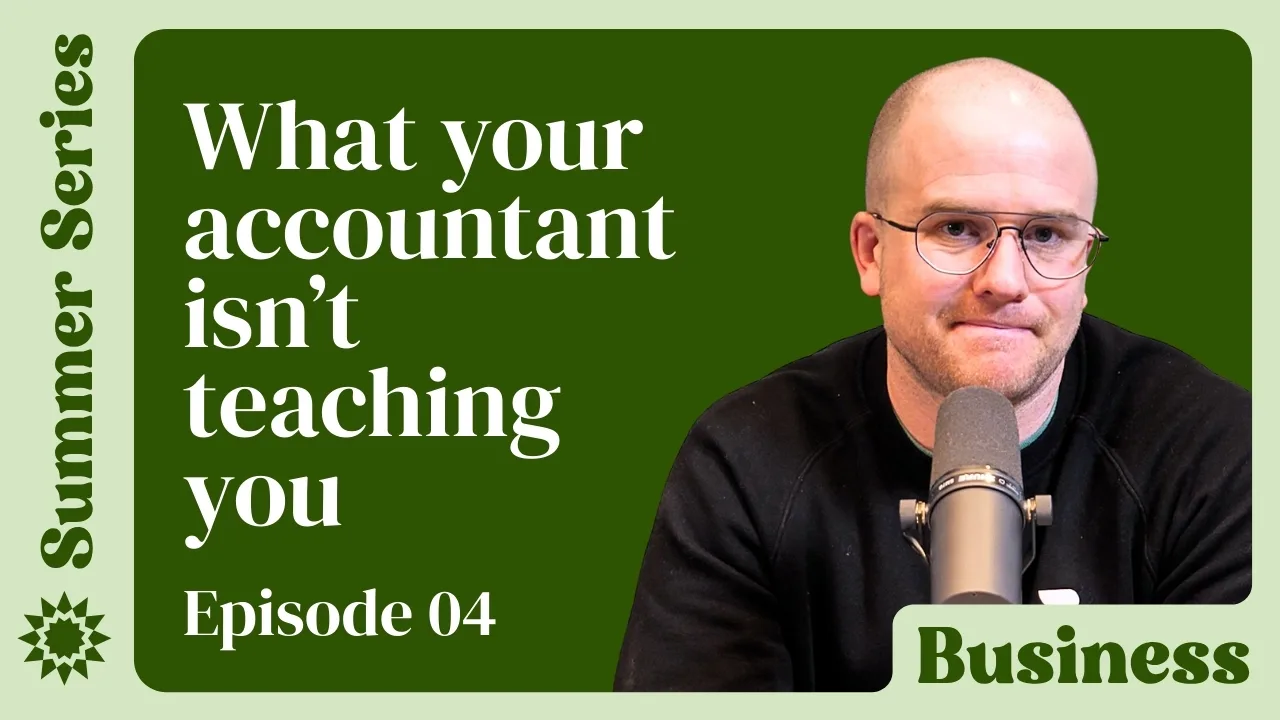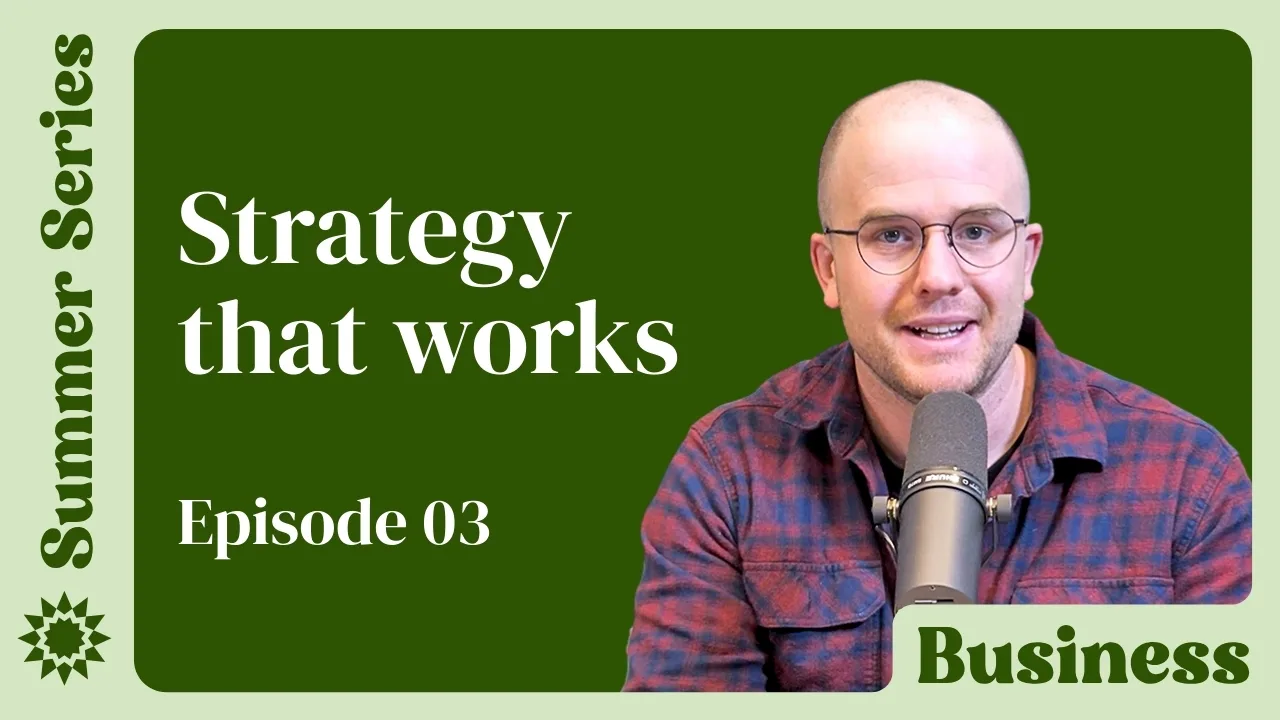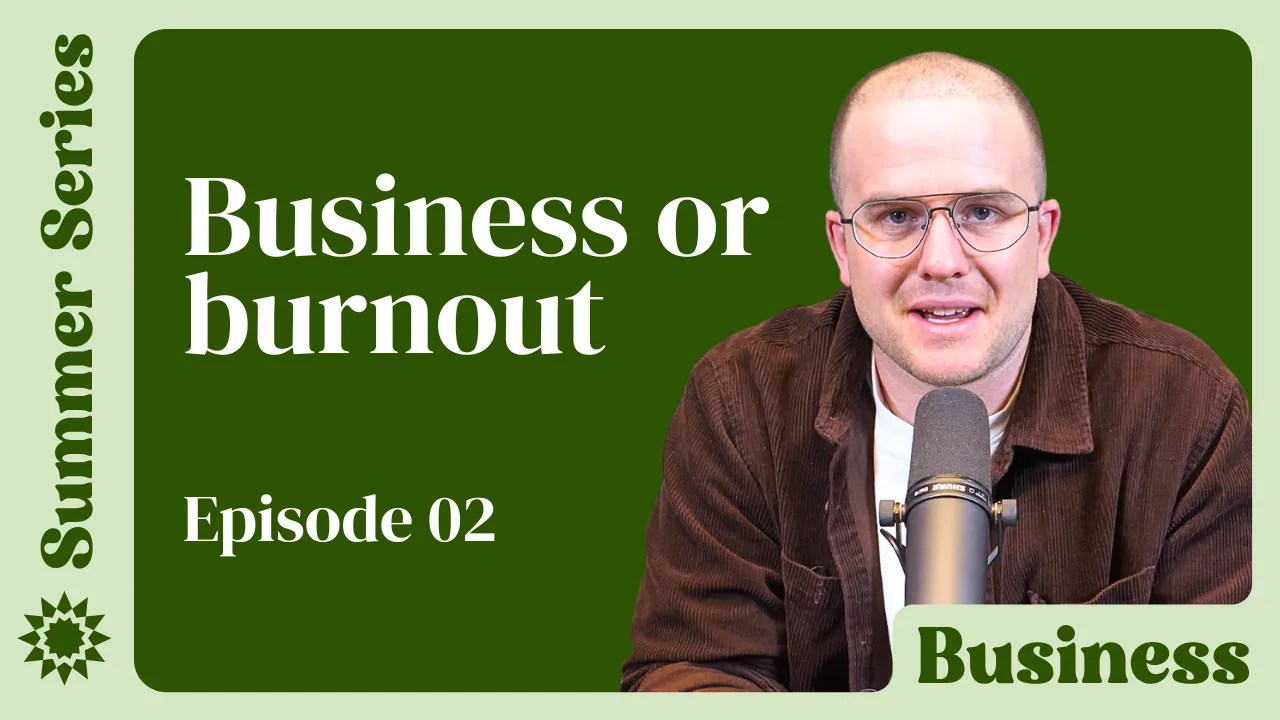Nick Crocker is a general partner at Blackbird VC and founder or co-founder of numerous companies. Out of maybe 600 podcasts, this Australian Business Podcast episode has to be one of the best podcasts I have ever done.
If any of these topics resonate with you, you will enjoy this episode:
- Building a business
- Investing in companies
- Creating anything – products, businesses, etc.
- Team building
- How to communicate better
- Australian business culture
- Opening yourself up to ambition
- How the fitness and music industry works
- Learning from others, and
- All of the above, mashed together.
Nick Crocker podcast talking points
What’s the one investment you got totally wrong?
If you could instantly acquire one ‘skill’ (think: speed reading, photographic memory, long-distance running, improv, singing, teaching, etc.) what would it be and why?
Which investment has taught you the most about business and what did you learn?
Nick’s journey
Can you start by talking about the idea of the Elephants: how did it come to be? Who’s idea was it? We’ll loop back into this later.
Nick, your background is rich with starting, growing, leading and selling businesses. But it didn’t start this way. Let’s step through your journey, starting out growing up in rural queensland.
Was entrepreneurship part of your childhood? Why did you study law? I’ve heard you hated it.
What did you do during and after uni? A lot of people might not know you worked as a journalist before moving towards a startup journey. How did this come to be?
Journey >> startups
Can you walk us through the key businesses you got involved in post News Ltd? Please, take your time and we’ll go back and forth as we move through.
Nick, take your time here and talk to us about all of the businesses you were involved in prior to We Are Hunted?
What was We Are Hunted? Can you talk to us about the business model, the idea and working in a team to create something like this? What were the challenges involved, and what opportunities did you see?
In 2011, you and Ben Hartney began creating Sessions, with was bought by ?MyFitnessPal then UnderArmour. Can you tell us what it was and what you set out to do?
- What ‘pre work’ did you do to grasp the opportunity and plot a course of action?
- What were the 2-3 milestones you needed to overcome?
- In only ~2 years, this was acquired by MyFitnessPal (which later go acquired by Under Armour).
- What did you do differently at Sessions? (maybe Rock Health accelerator, attracting Blackbird, etc.)
- Can you talk us through the key business milestones?
“On the inside it was two years of the hardest work that I’ve ever done.” This is a quote of you in the AFR when reflecting on the acquisition by MFP. What made it so difficult, what were some lessons you took forward, and can we take some strategies for balance and mindfulness away with us?
Is it around this time, when you were working in San Fran, that you identified an opportunity for Startmate in SF?
- For folks who aren’t familiar, what is Startmate?
- Can you talk to us about the value of matching mentors and founders?
- What are some ways anyone in business (i.e. not a founder) can replicate some of this benefit/impact? (e.g. coaching, co-founders, family mentors, find a co-working space, etc.)
- Maybe introduce the idea of elephants?
I imagine you have been contacted by hundreds, if not thousands, of businesses over just the past few years. For every 100 companies, how many make it through to investment?
Counterpoints often work best, what are you not looking for?
- ‘Get to “no” quickly, and “yes” slowly’
- Why software?
- What are 2-3 key personality markers of success in a founder(s)? (e.g. ‘talented people following a founder’)
- If we look forward beyond 2023, which industries are most interesting to you?
With innovations like chatGPT, low-code tools, easy-to-use libraries, interconnects, etc. is it becoming easier for a non-technical person to grow a multi-million dollar revenue business?
Niki and I recently spoke the drive behind many founders, which in some cases may include psychological sublimation. For example, turning anxiety or fear into something powerful.
You talk about a lesson learned being meditation and “managing your own head.”
How do you personally balance your days?
How do you think about the decay associated with scale? In other words, oftentimes I find most businesses are most effective when they’re smallest, per capita. How do you think about this trade-off for scale? Maybe this is a process question about ‘which employee to hire next’ type idea.
Why are you focused “generational” companies? Can you step us through the logic of balancing many of these — higher risk — companies and say, private equity. As in, why does it make sense in risk-adjusted returns?
A lot of small and medium-sized business owners find themselves being extremely busy and often get caught out focusing on the wrong things. I’m definitely in this camp right now — we have so many ‘things’ on the go at any one time (three podcasts, 2 news publications, education platform, membership services, etc.). How can founders deal with problems like this?
What’s one thing you believe about business that few people would agree with you on?
Quotes from the podcast with Nick Crocker
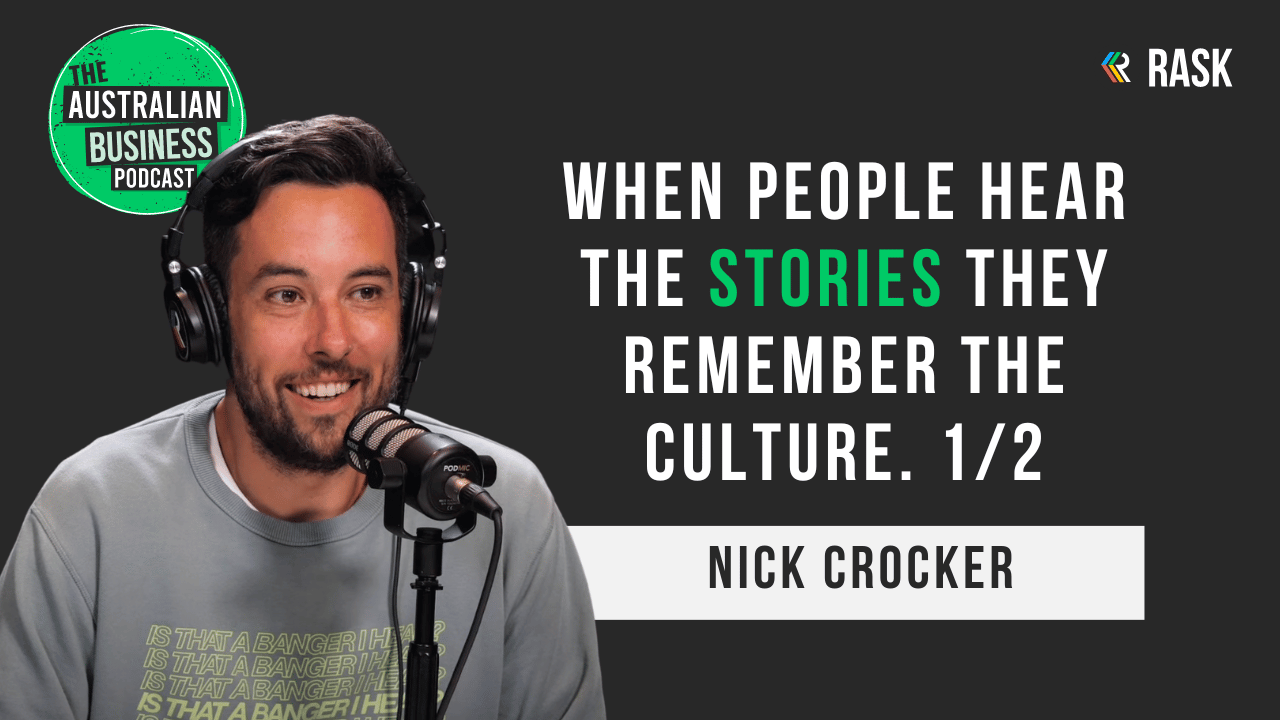
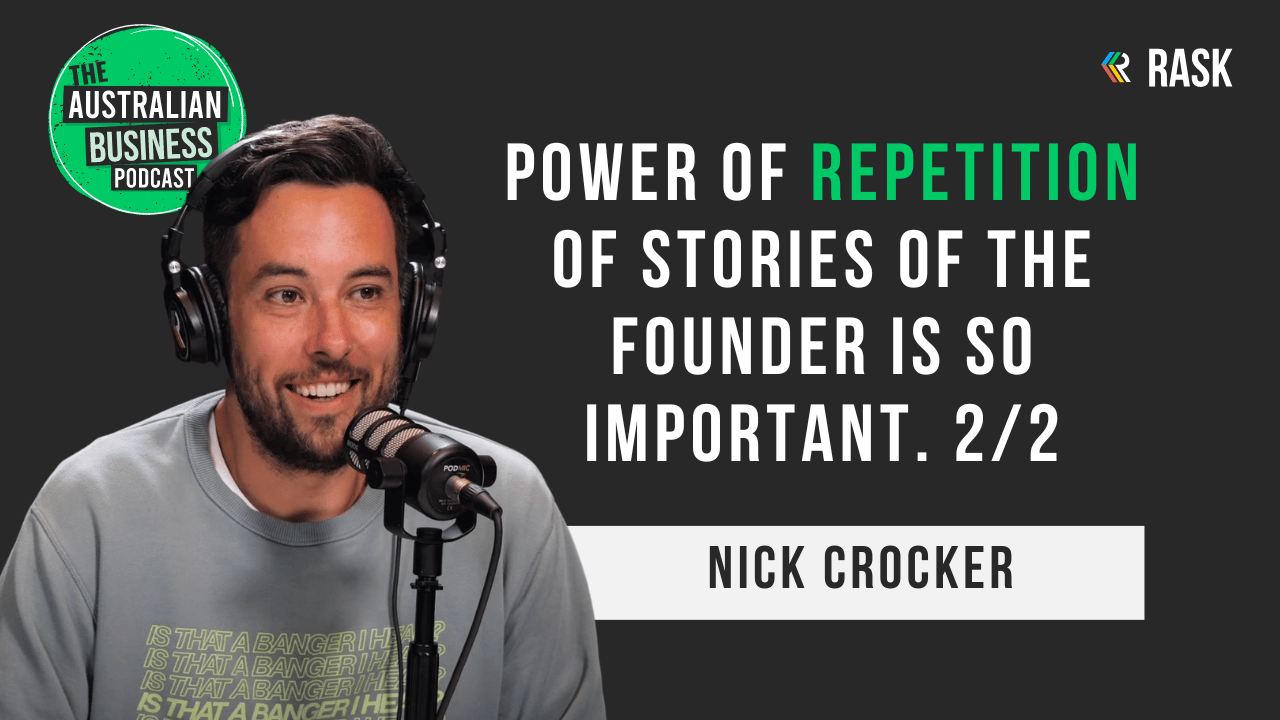
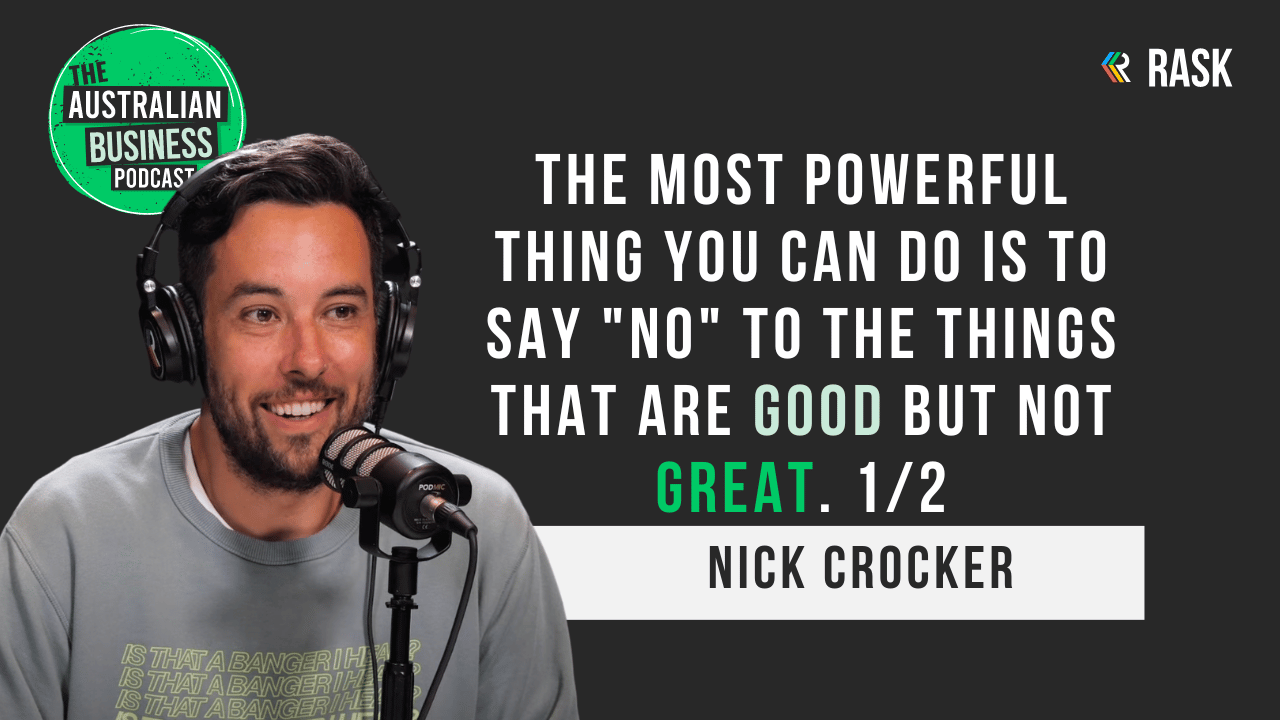
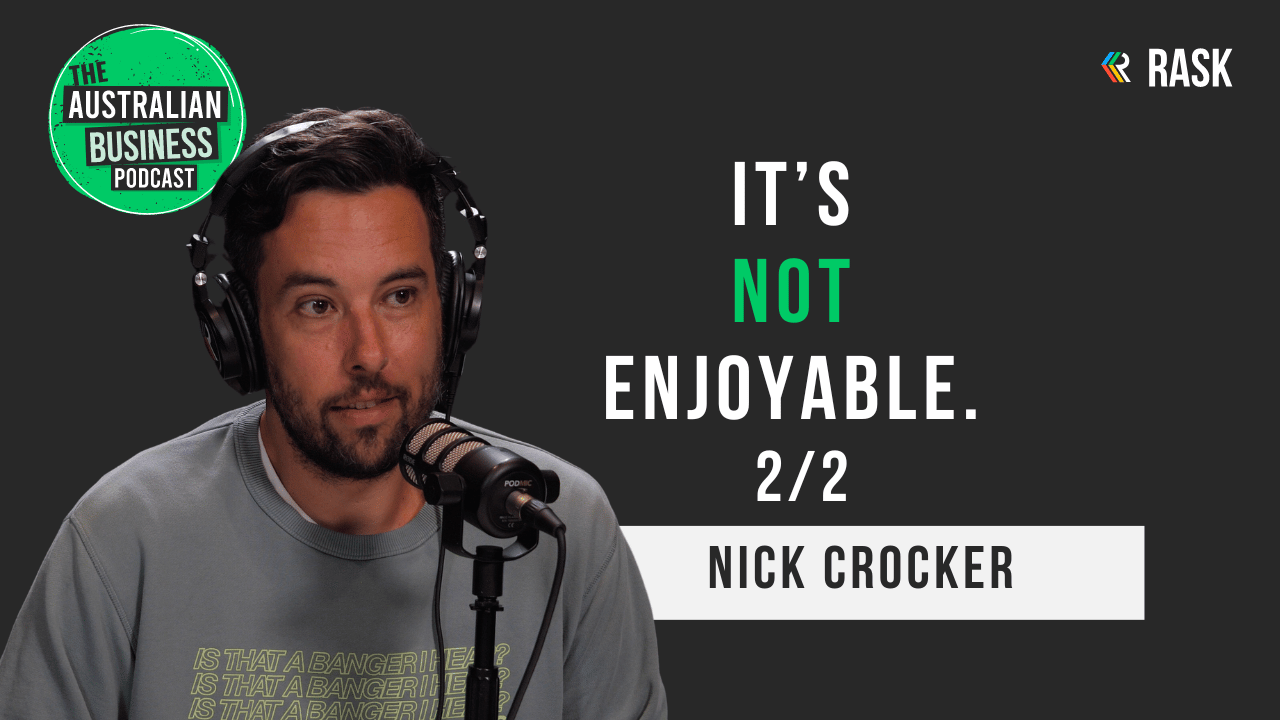
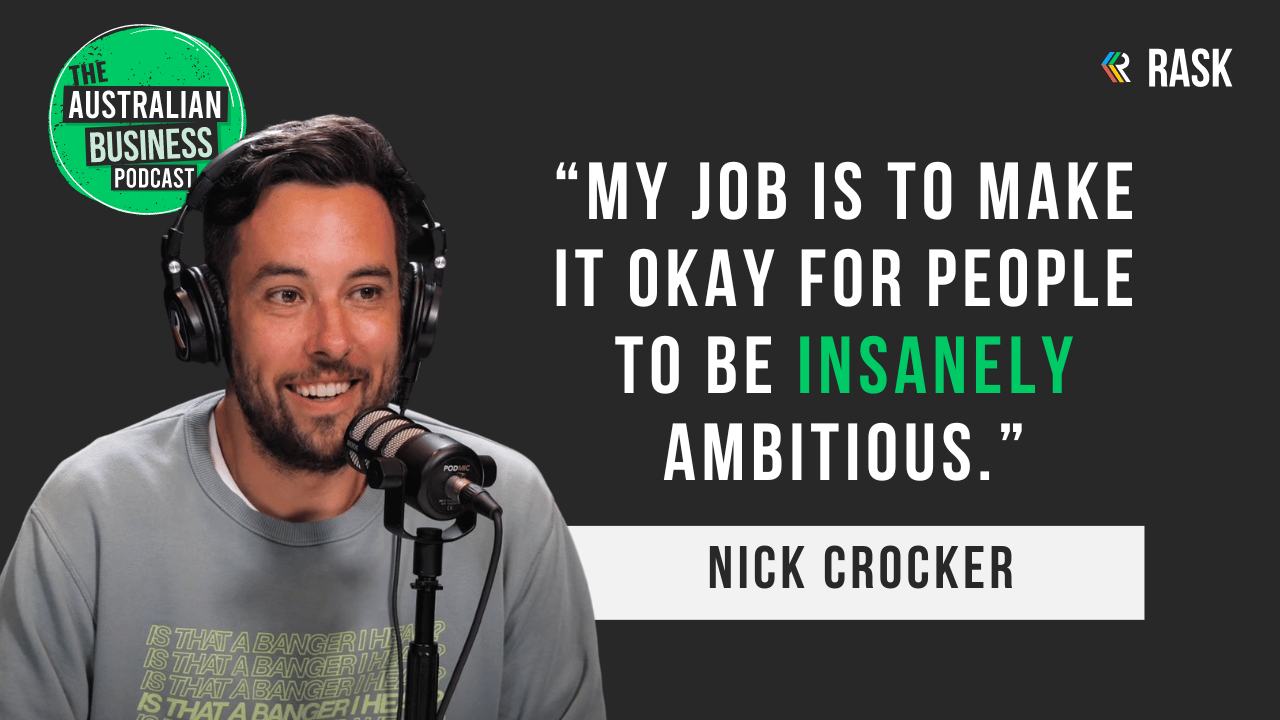
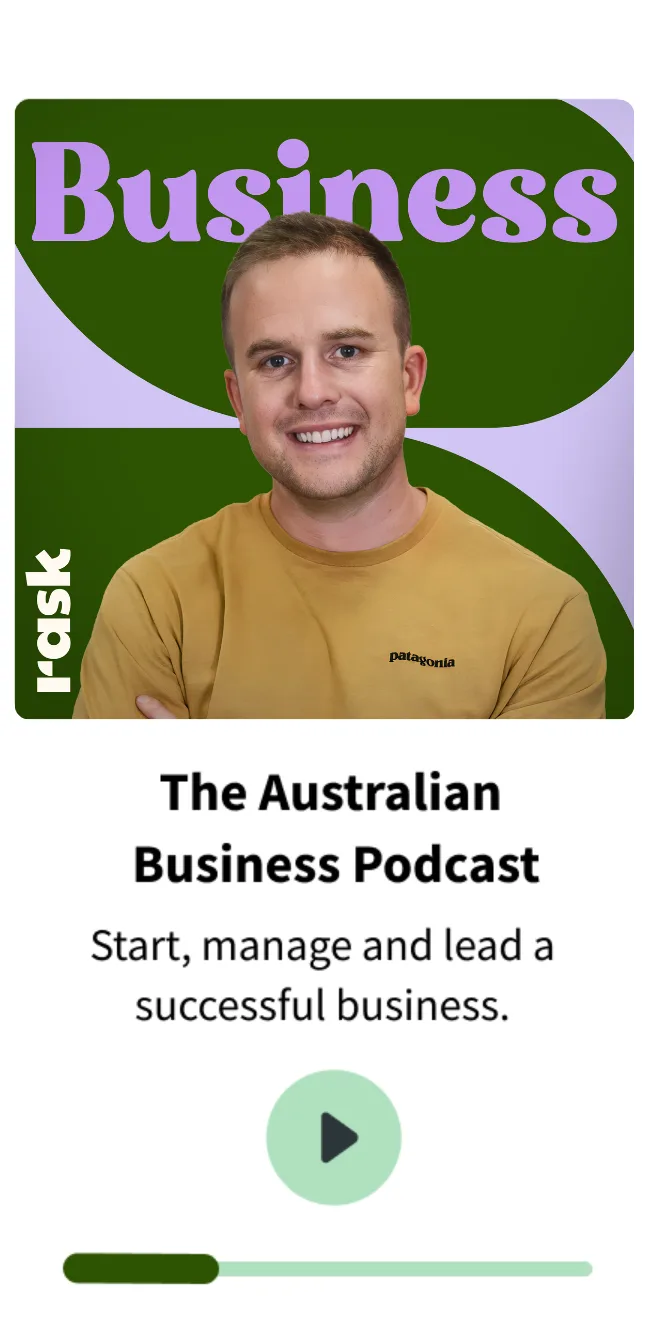
 Grey Space Advisory – snag a $100 health check
Grey Space Advisory – snag a $100 health check Rask – Get Owen’s best investing research
Rask – Get Owen’s best investing research